One of the more telling responses to my Man of Steel review (quick recap: Man of Steel was an overlong, pointless, boring, emotionless, loud bore, despite how good all of the cast were) was that a movie like Richard Donner’s Superman would not work now. Audiences now are more savvy and more used to grittier, realer kinds of film. I can see how someone would think that, especially if they weren’t around when the Donner’s Superman came out. But that doesn’t mean it is true that it wouldn’t work.
When Superman came out, it was toward the end of a decade in which cinema in general became darker and more violent. This makes sense, in a way. The seventies were not a particularly great time. The world was still living under the threat of a nuclear cold war. The news showed American cities as dens of poverty, rugs, and violence. The Middle East, oil supplies were threatened. Things were, basically, shitty, almost in exactly the same ways that they’re shitty now. Audiences needed to deal with that, just like they need to now.
The famous film scholar Robin Wood once claimed that films, like dreams, are one way that people deal with things that are too difficult to deal with. It makes sense, then, that when things get bad horror films and violent films get more popular. People need to work out their feelings in safe ways, and no way is safer than on screen. You can see this happening in the 1970s, and right now, as audiences took to the theaters to deal with their fears by watching horror films, schlock and grindhouse movies, and crime flicks.
 But audiences don’t just look to violent films to deal with their anxieties, just like people don’t just deal with their unconscious fears through nightmares. People also look to their dreams.
But audiences don’t just look to violent films to deal with their anxieties, just like people don’t just deal with their unconscious fears through nightmares. People also look to their dreams.
So, it makes sense that an optimistic Superman would not only be released, but would thrive in that climate. An optimistic, inspirational Superman story worked because people needed inspiration and optimism just as much as they needed catharsis.
So, the idea that such a movie wouldn’t work now is, frankly, as silly as saying that it wouldn’t have worked then.
But there is something else in that statement that I have a harder time with. Saying that audiences wouldn’t want an inspirational, optimistic Superman because optimism is like living in ”la la land” means that reality is not a place for optimism: reality is “gritty” and “dark”.
I reject that too.
Look, I appreciate art that explores the darker elements of the world we live in: that’s why I love Batman. Batman is the man who can only see the worst things about our world. At the same time, obsessive paranoia makes people unable to trust in one another or to see that there are things in the world even worthy of trust in the first place.
At the same time, I also appreciate art that is deliberately transgressive, like The Boys. There is a place for art that sees a social taboo and violates it immediately. We need to explore taboos and we need to do it safely. That’s what art does for us. But, at the same time, transgression is about the expansion of knowledge, not about substituting the transgressive for the real.
But Superman isn’t Batman, just like Superman isn’t The Boys. Superman has always been about our better angels. He’s meant to transcend paranoia and transgression. He is about hope. When he came out he was meant to be an icon of the helplessness of fatherless sons, of Jews facing extinction, of nameless immigrants in an unforgiving new country, of a country facing war. As he’s gone on he’s become larger even than that. He’s no longer America’s talisman: he’s become a symbol of hope for everyone.
 To say that reality is gritty and dark and tough and violent is to assume that reality is independent of our actions in it. We are the ones making the world. If we choose to put racism and violence and hatred into it, that’s what we’re going to get. That’s what Superman is trying to tell us. We are the ones who need to step up and make it a better world.
To say that reality is gritty and dark and tough and violent is to assume that reality is independent of our actions in it. We are the ones making the world. If we choose to put racism and violence and hatred into it, that’s what we’re going to get. That’s what Superman is trying to tell us. We are the ones who need to step up and make it a better world.
When I think about the best possible statements Superman ever made, I think of Action Comics #775. Superman went up against a crew of typically “grim” and “dark” heroes who saw the world as a dark and broken place and had no problem killing and destroying. Facing them, a threat that was as much existential as it was personal, Superman did not fall to their level. He rose above it. He found a way to deal with the Elite without taking lives. He found a way to be an inspiration, to rise above the vulgarity that was “expected” of heroes of a certain era.
He was Superman.
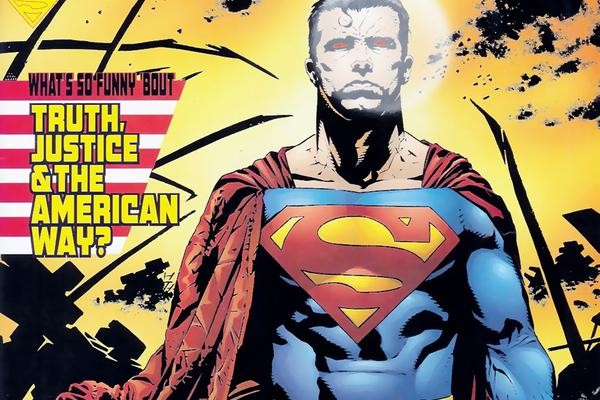
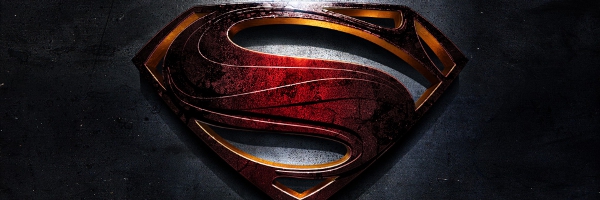
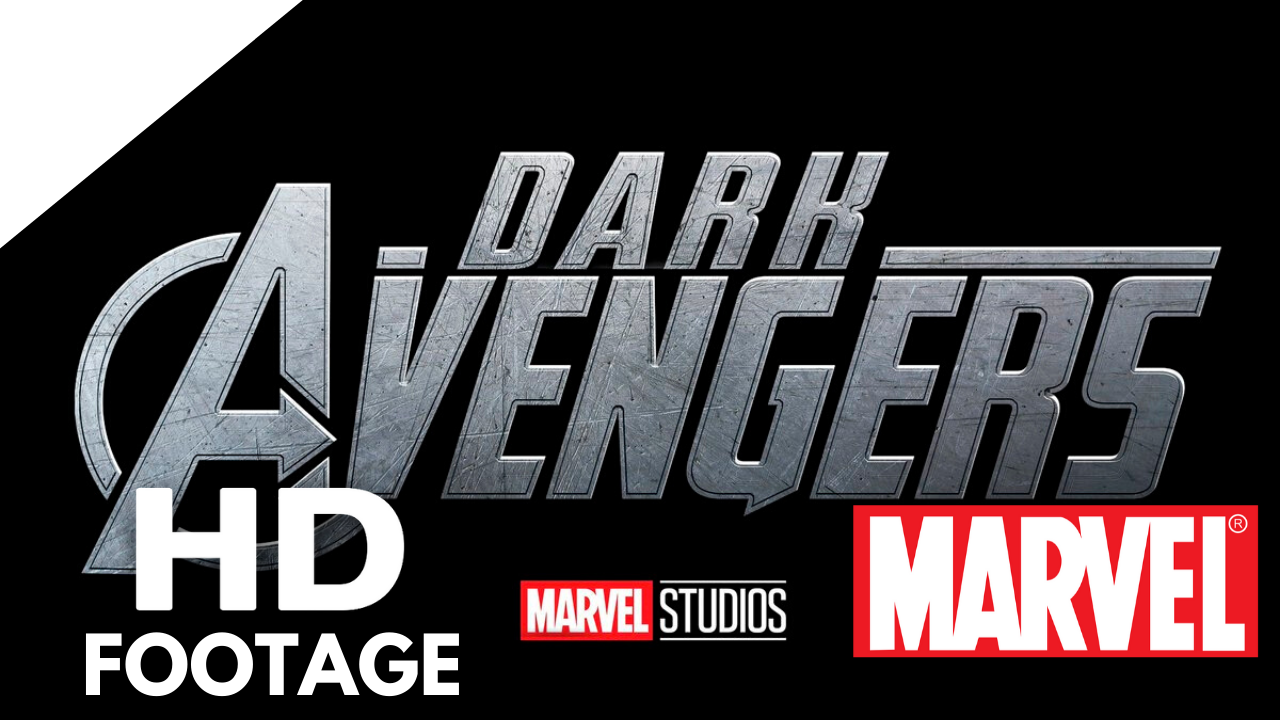





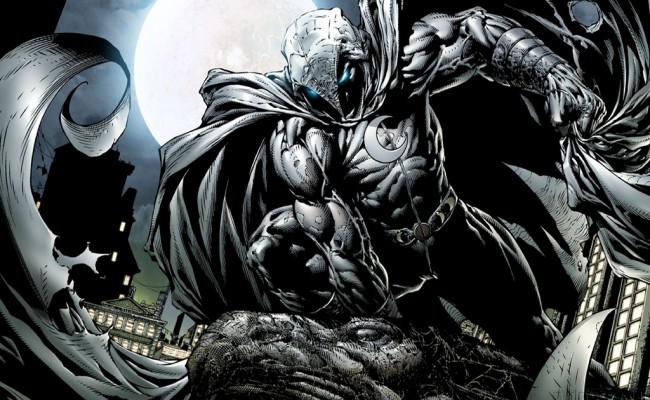

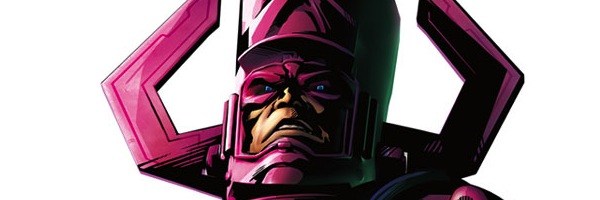

S#!T Talking Central